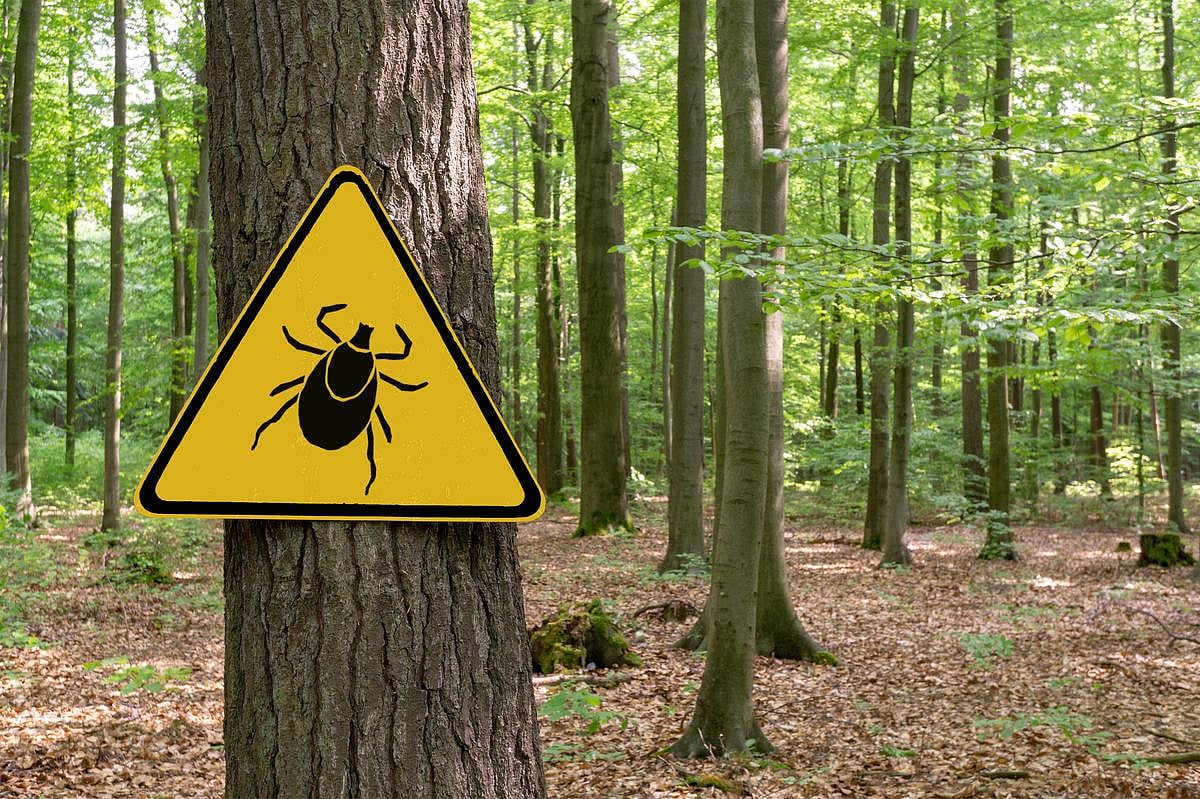
When people hear about anaphylaxis, they often associate the severe allergic reaction with food allergies. And while food allergies can cause anaphylaxis, allergies to insect stings, medications and latex can also trigger the response. Anaphylaxis is rare. In most cases, people with allergies develop mild to moderate symptoms, such as watery eyes, a runny nose… read on > read on >






























